If you have been following the “Book Report” for long, you know that I love a good “witchy” story, especially in the fall months. One of my first reviews in The Fallon Post was about “Weyward” by Emilia Hart. Since then, I have also reviewed Kirsten Miller’s “The Change” and Alice Hoffman’s “Practical Magic.” These are all amazing stories about witches and women who are not to be crossed, and I loved them. This week, I have a little different take on the witchy novel. “Hester” by Laurie Lico Albanese is a little less magic and more historical fiction than the books I mentioned above, but with a literary twist that will keep you turning pages.
Isobel Gamble is a young seamstress with generations of secrets. She sets sail for the New World from her home of Scotland with her husband, Edward. Edward is an apothecary who has fallen under the spell of opium, and the debts that he has piled up are what has forced them to flee from Glasgow. Only days after they arrive in Salem, Edward joins a departing ship as a medic, leaving Isobel broke and alone in a strange country to fend for herself. The two have an instant connection when she meets a young Nathaniel Hawthorne (there’s that literary twist – he is the real-life author of “The Scarlet Letter”). Hawthorne is a man haunted by his ancestors who sent innocent women to the gallows for witchcraft. Isobel is an unusually gifted needleworker, troubled by her strange talents that seem almost magic to her and to suspicious eyes all around her. As the weeks pass by and Edward’s return becomes less and less likely, Nathaniel and Isobel grow closer - a muse and a dark storyteller, the enchanter and the enchanted. Which one is which? You will have to read to find out.
I could not put this book down. It is a meticulously researched and beautifully written book, and I can see it becoming a modern classic. I had not read “The Scarlet Letter” since high school, and I remembered finding it all quite dull back then, but “Hester” sent me down a rabbit hole. I re-read “The Scarlet Letter” and did a bit of research about Hawthorne. While that was all fascinating, “Hester” stands on its own, and there is no need to be an expert on American literature to enjoy it thoroughly.
“Hester” is a perfect October read, and I hope you grab a copy this week. Then, you can visit me on Instagram @allison.the.reader to tell me about your favorite witchy stories and what I should crack open next.


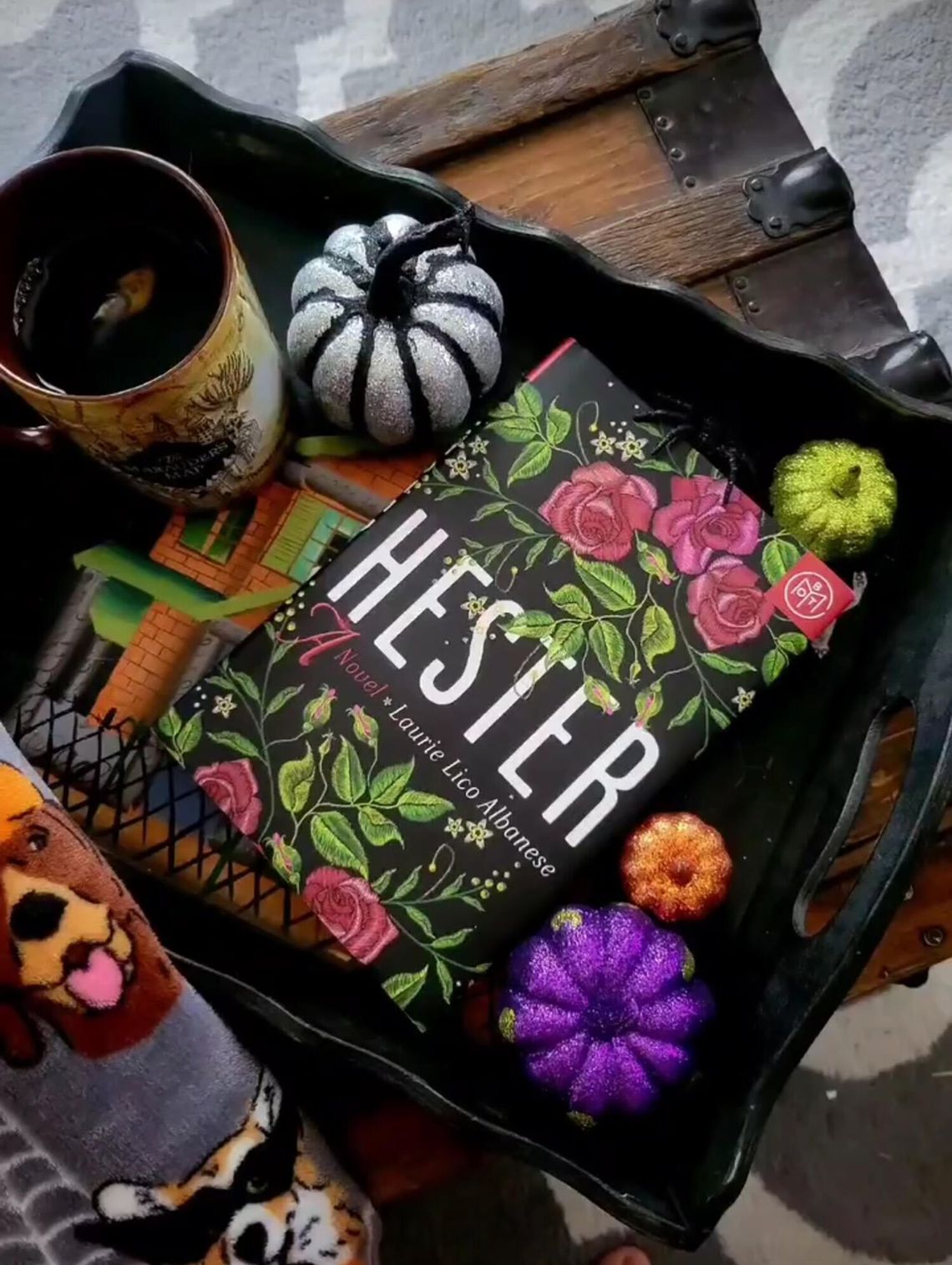
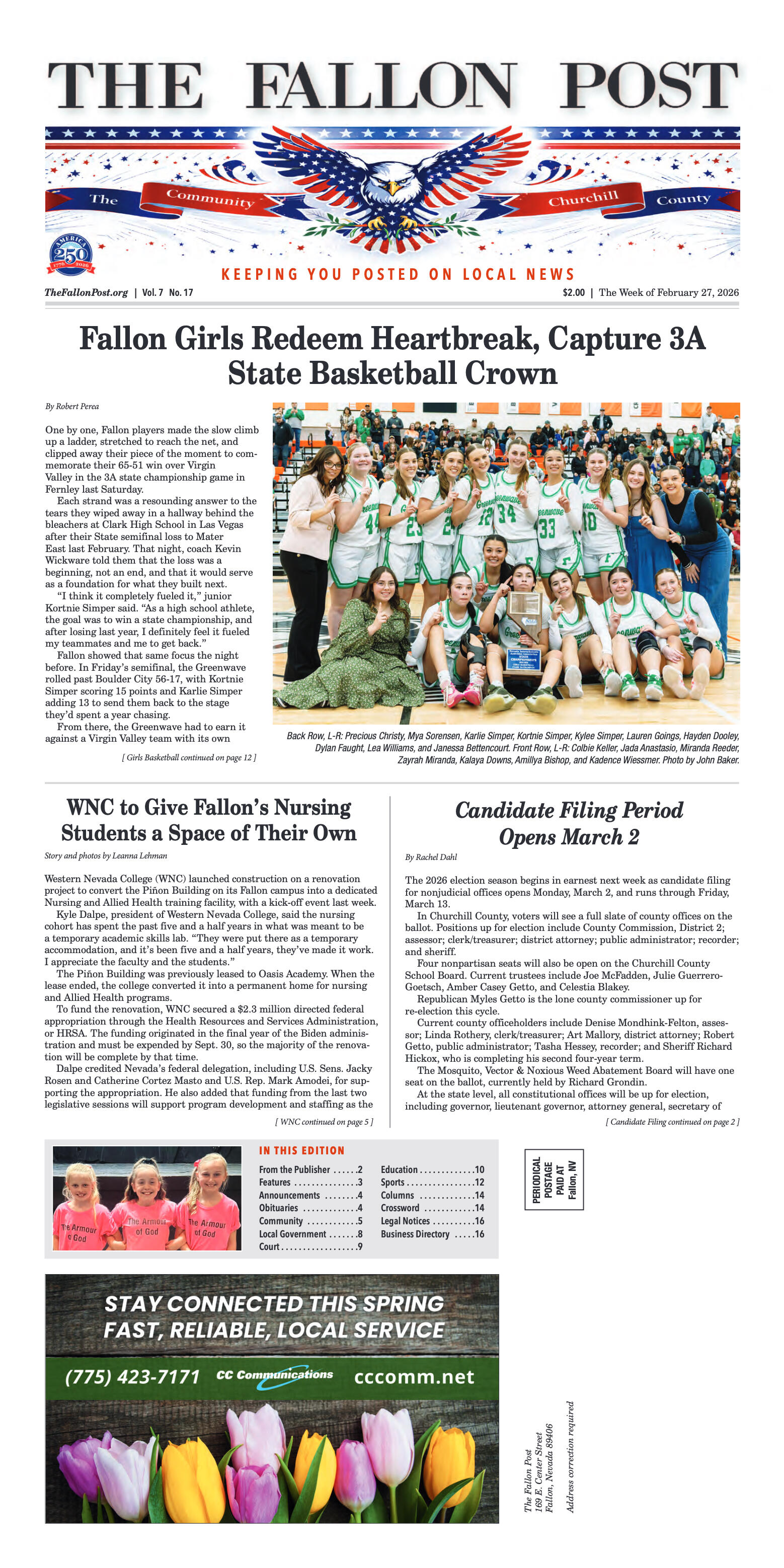
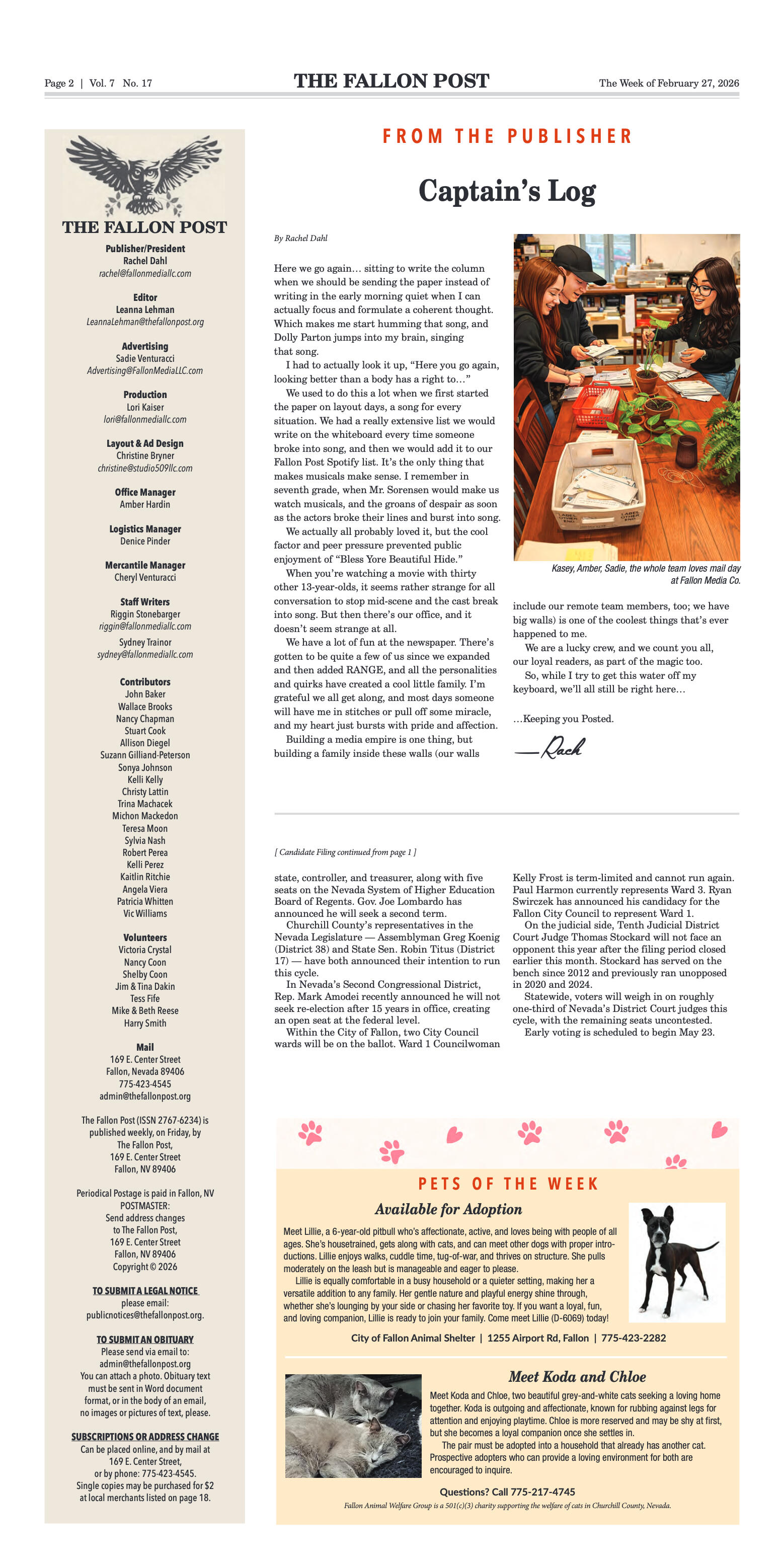
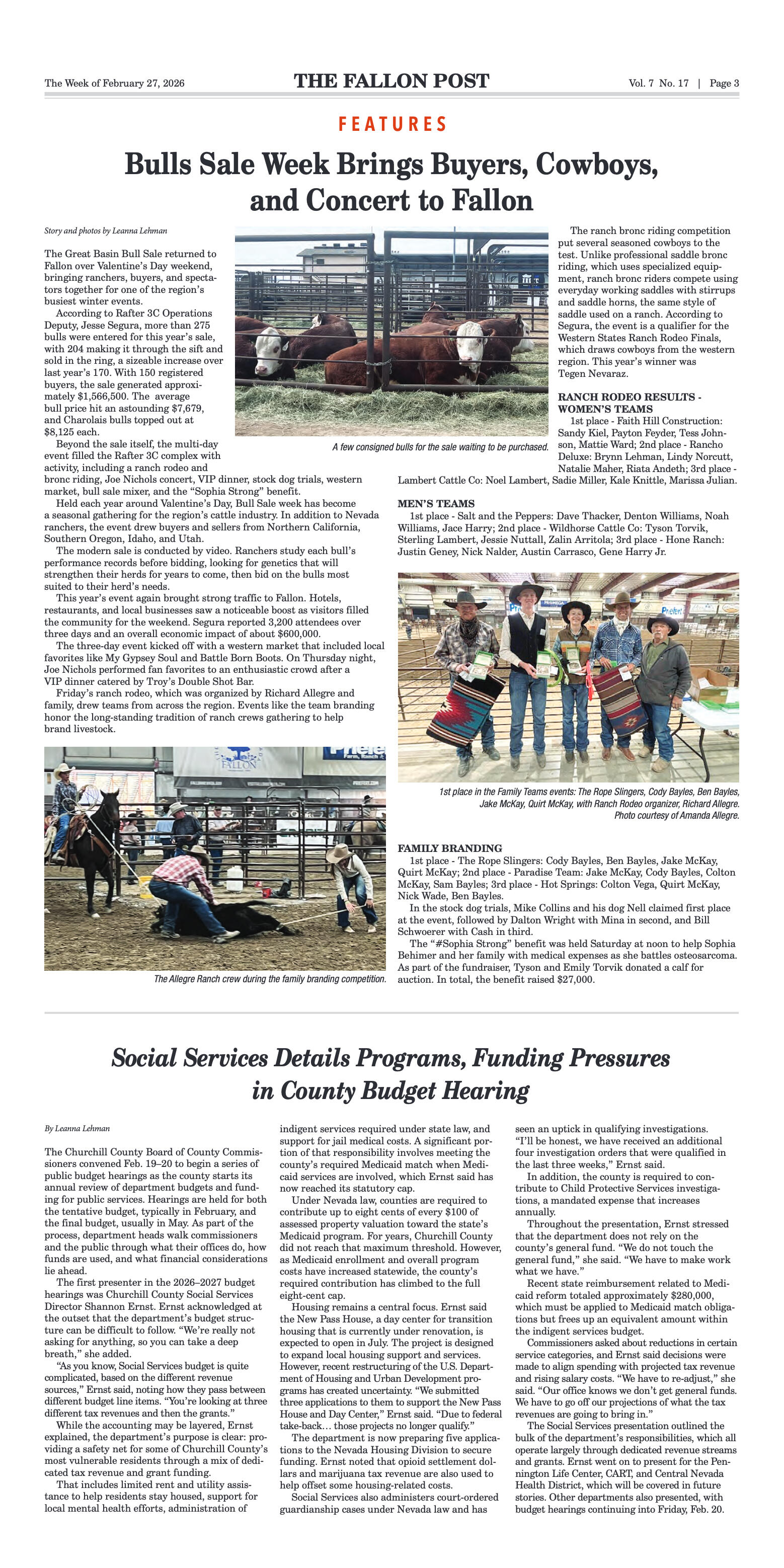
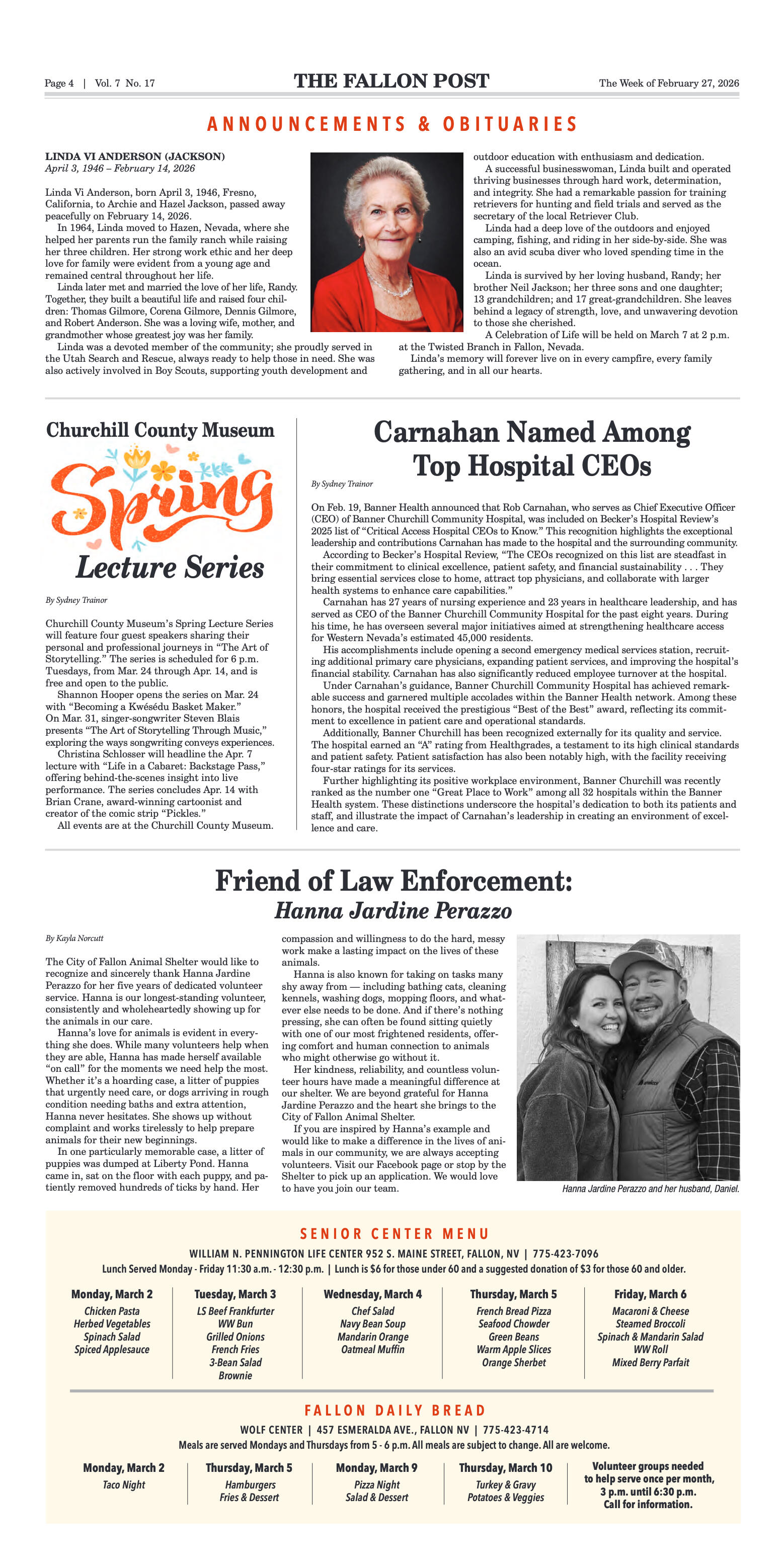
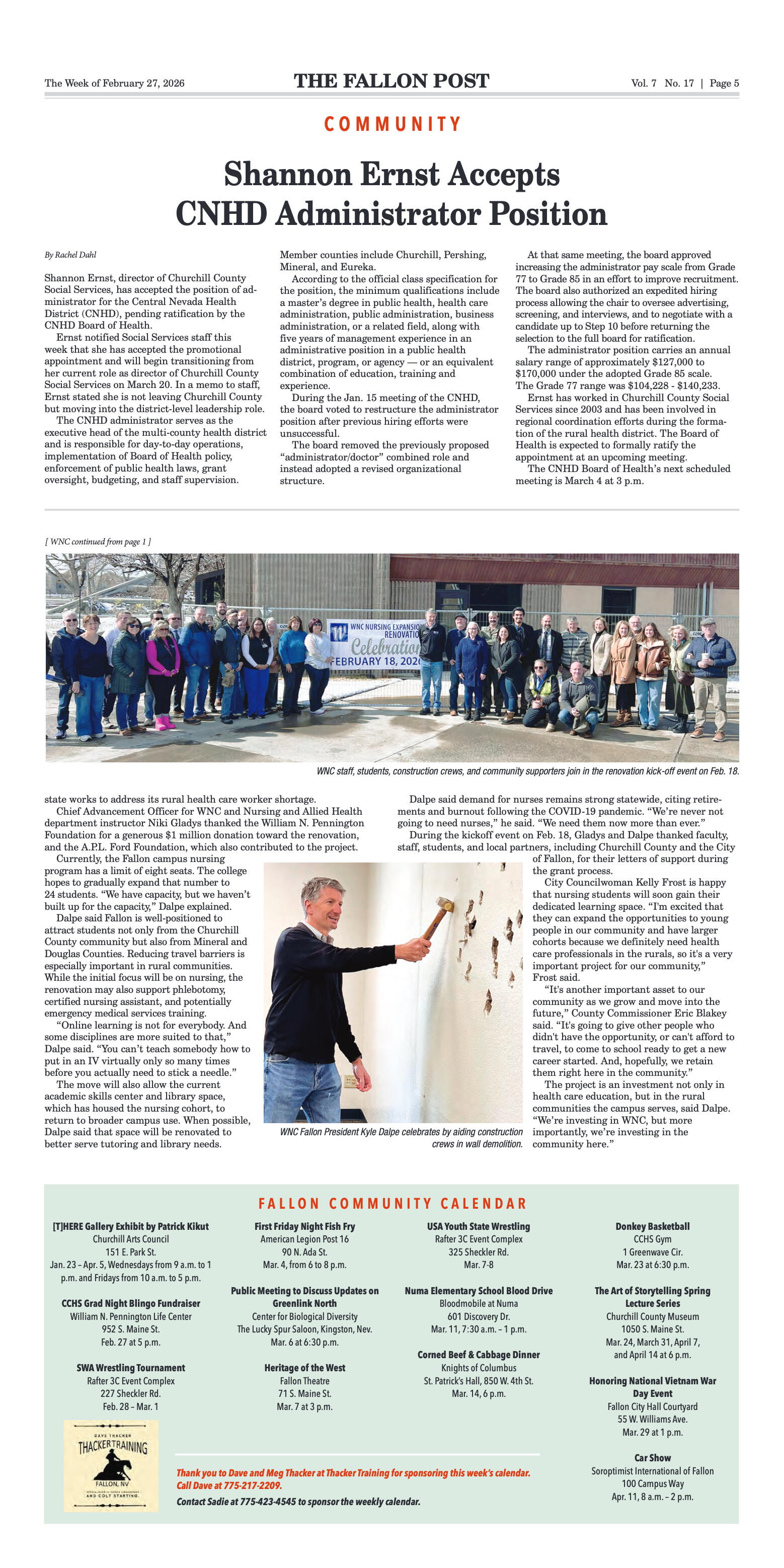
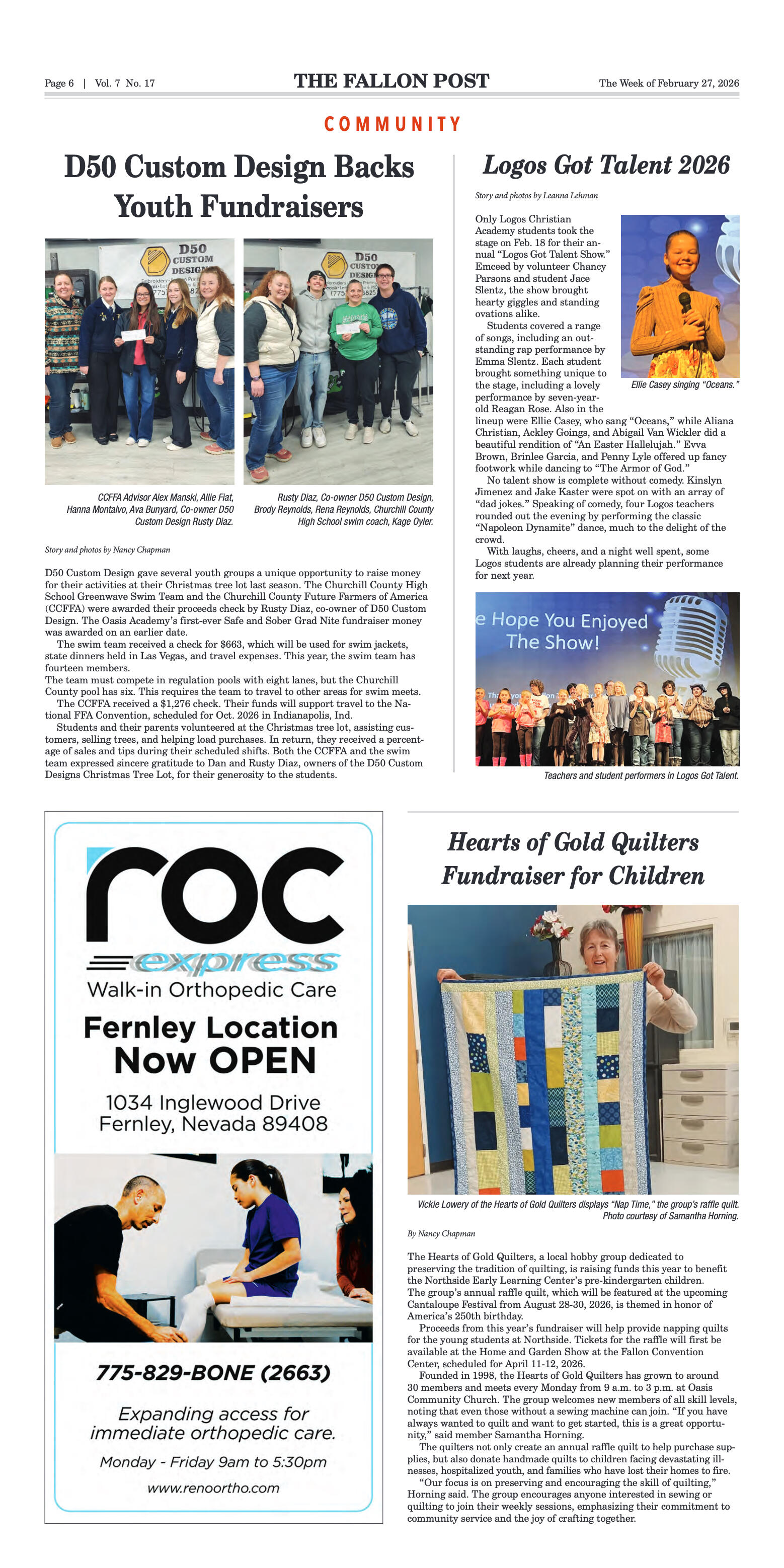
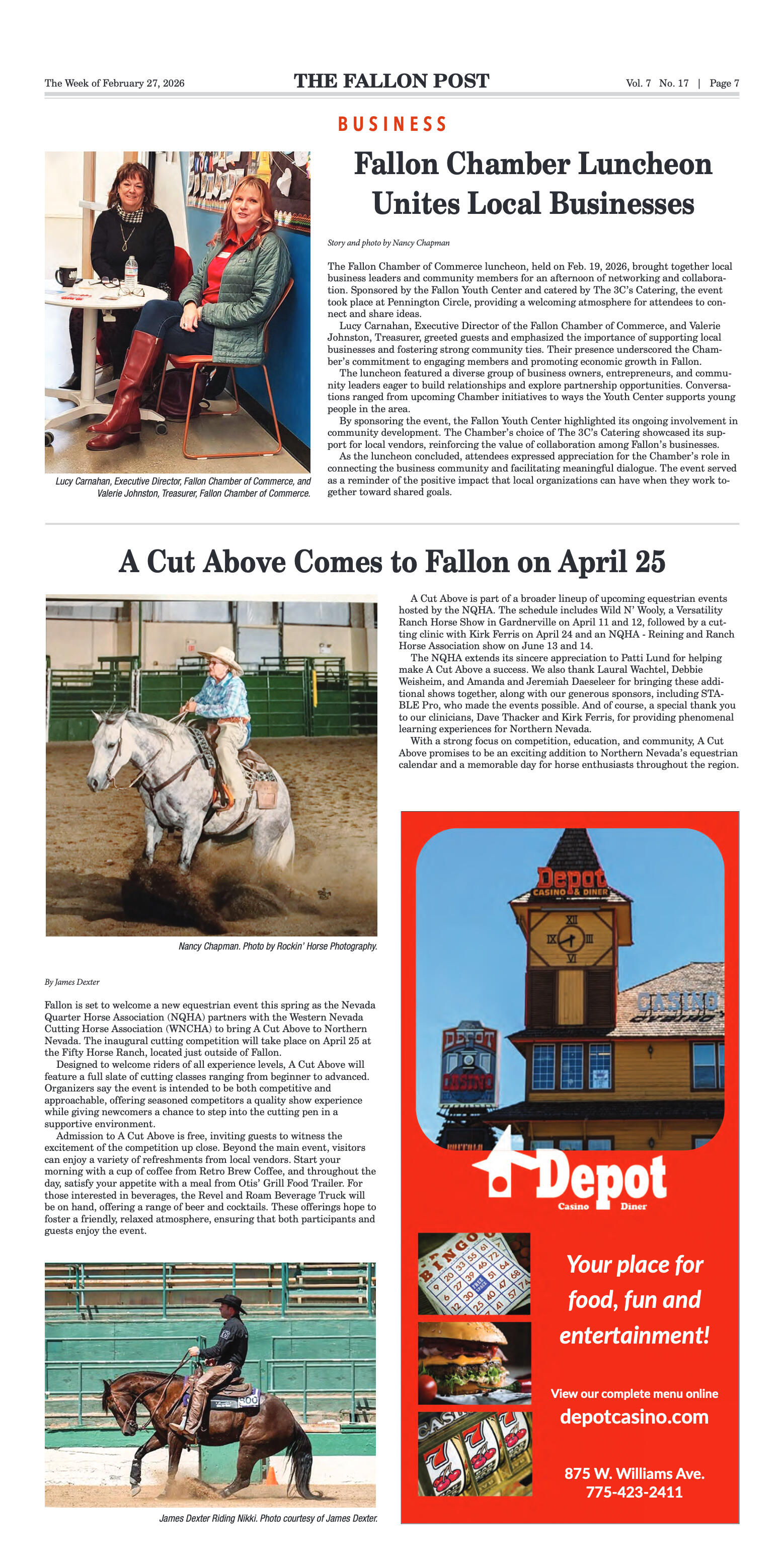
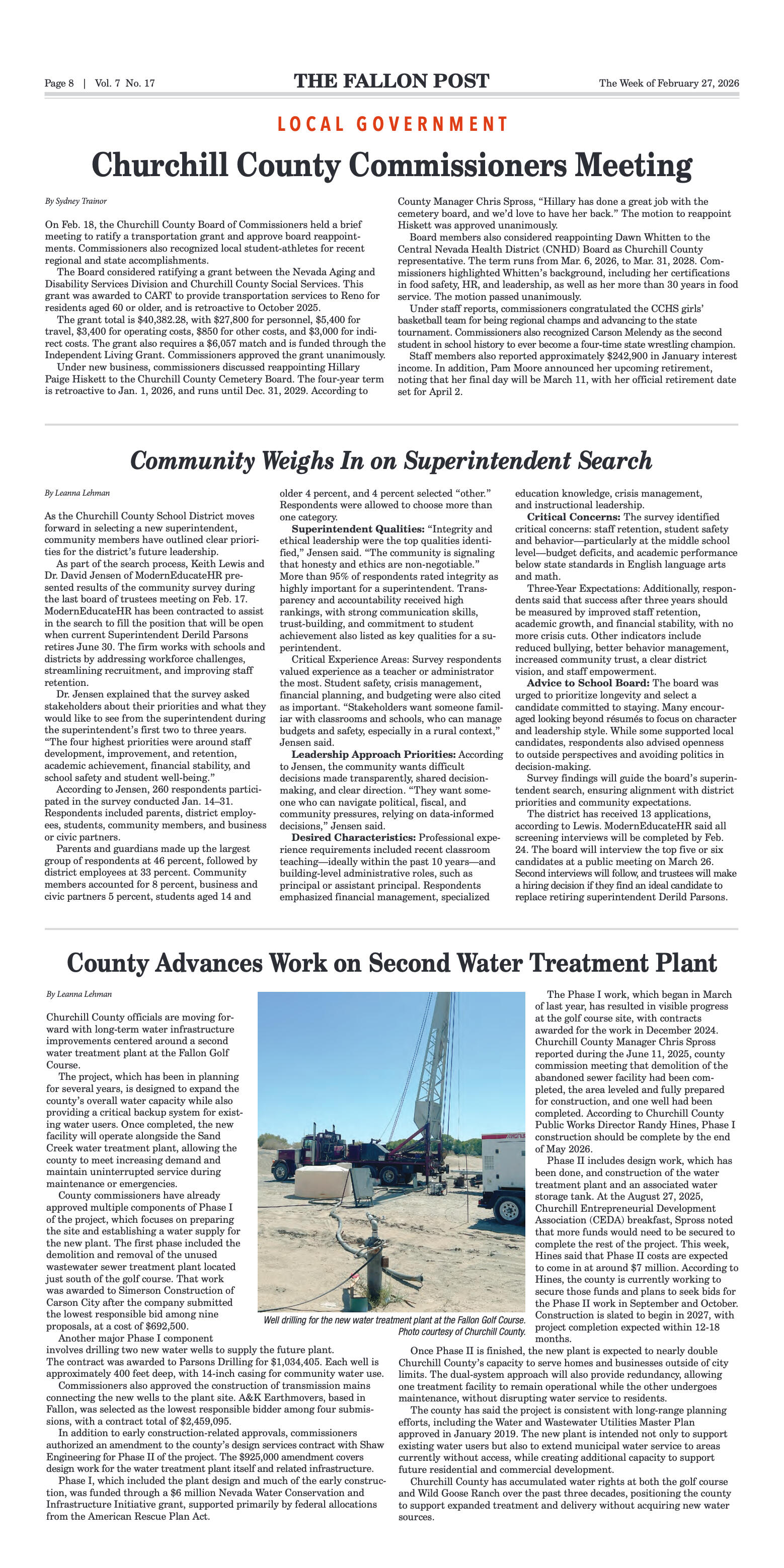
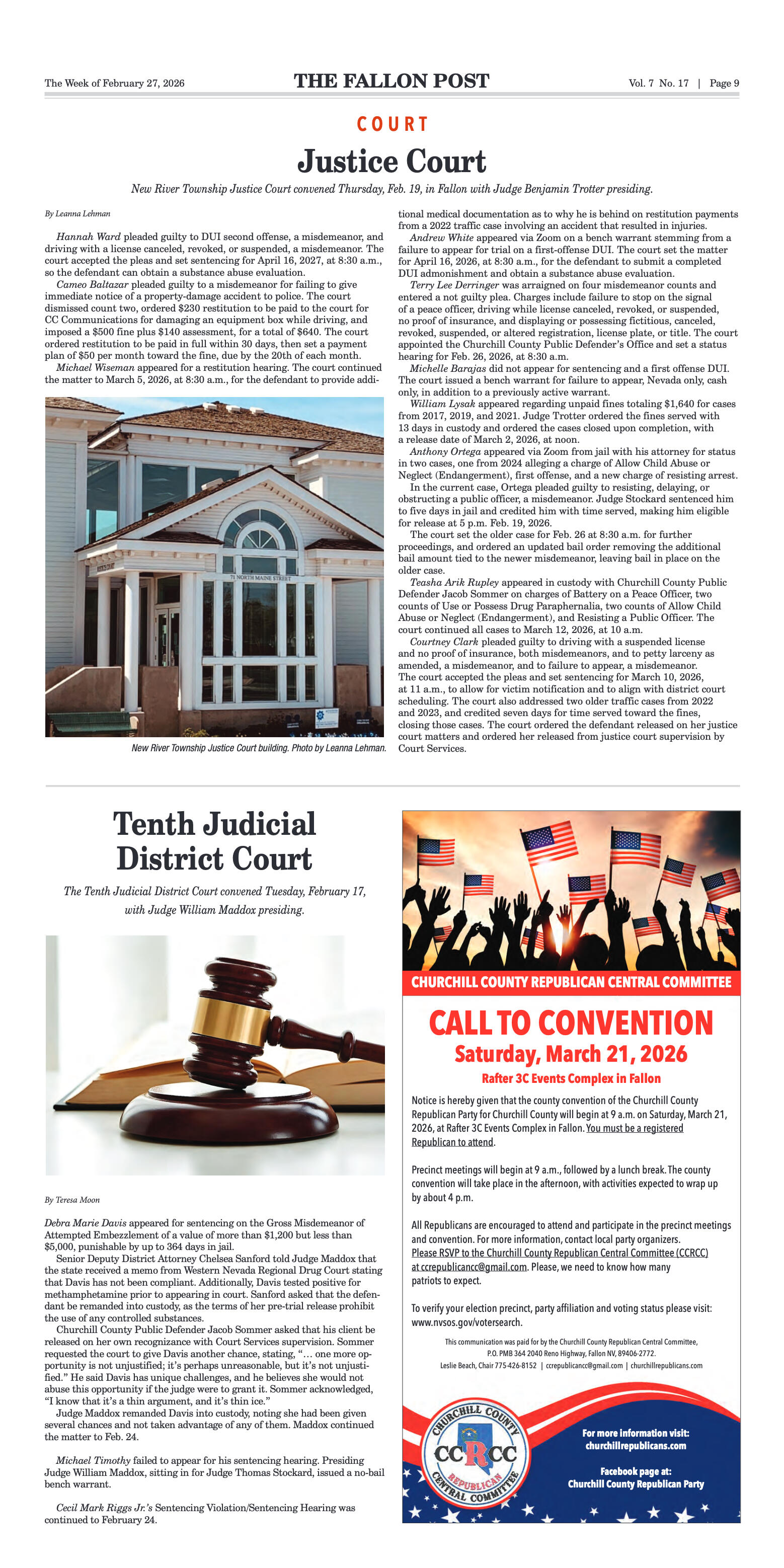
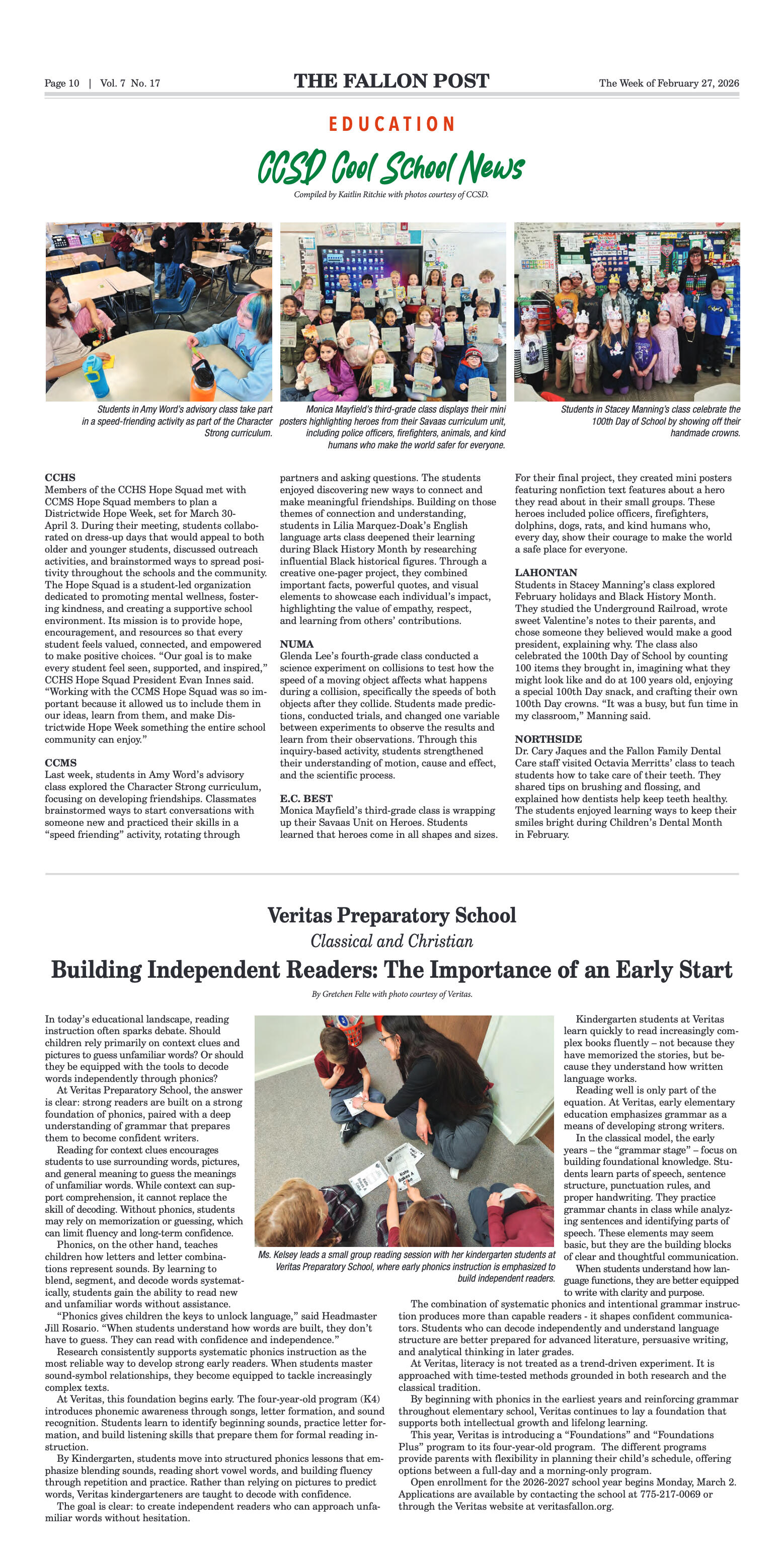
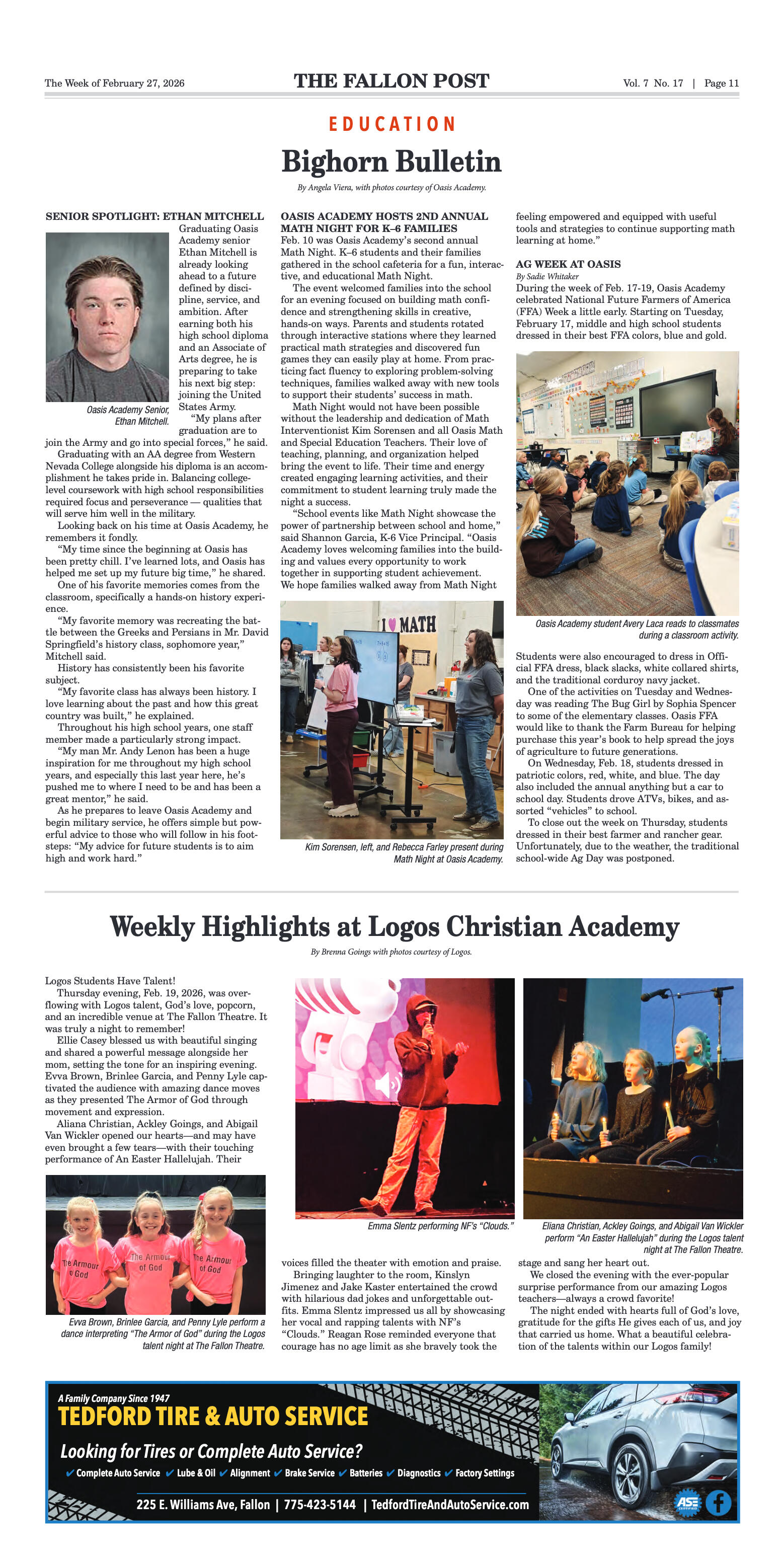
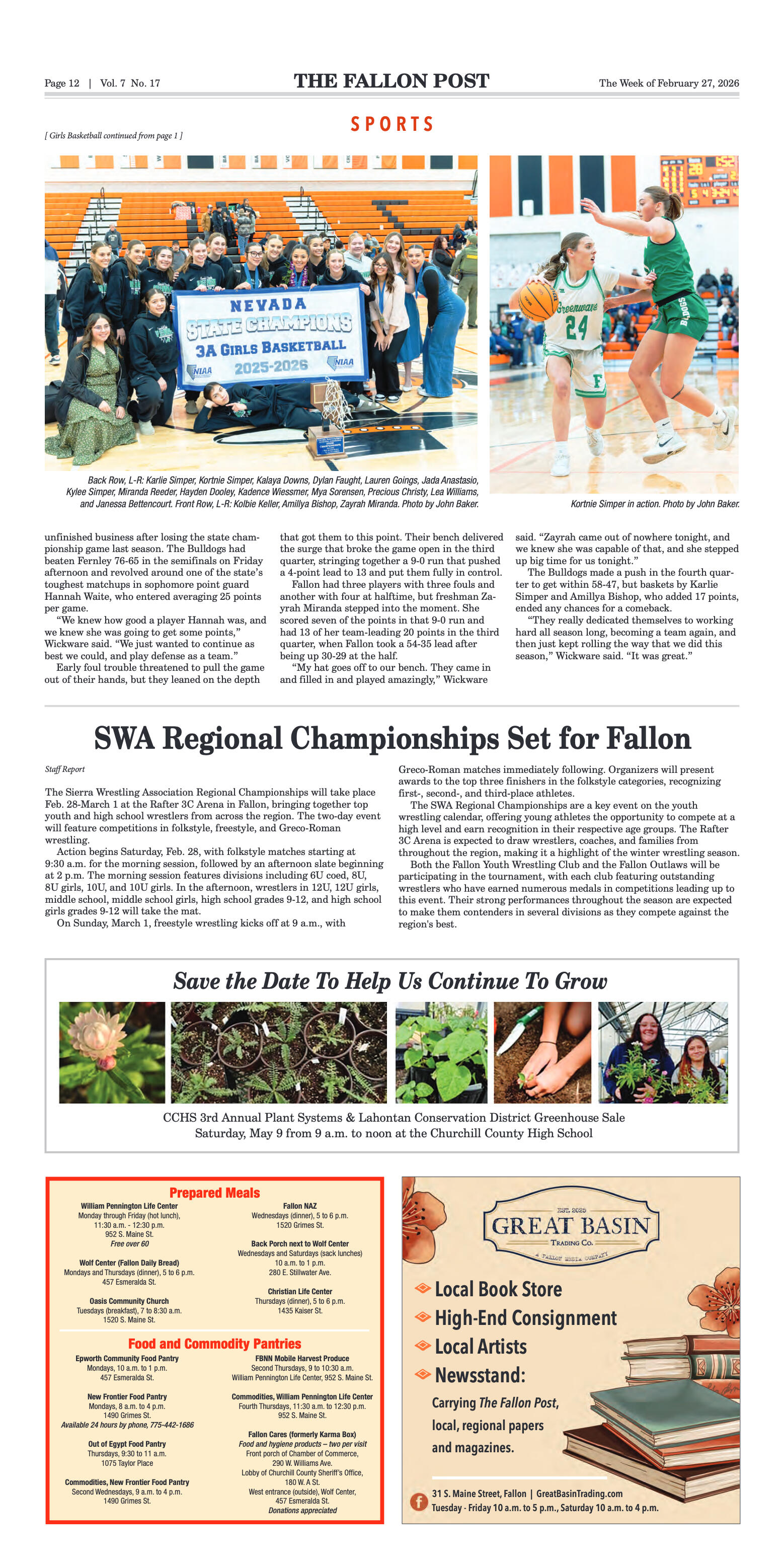
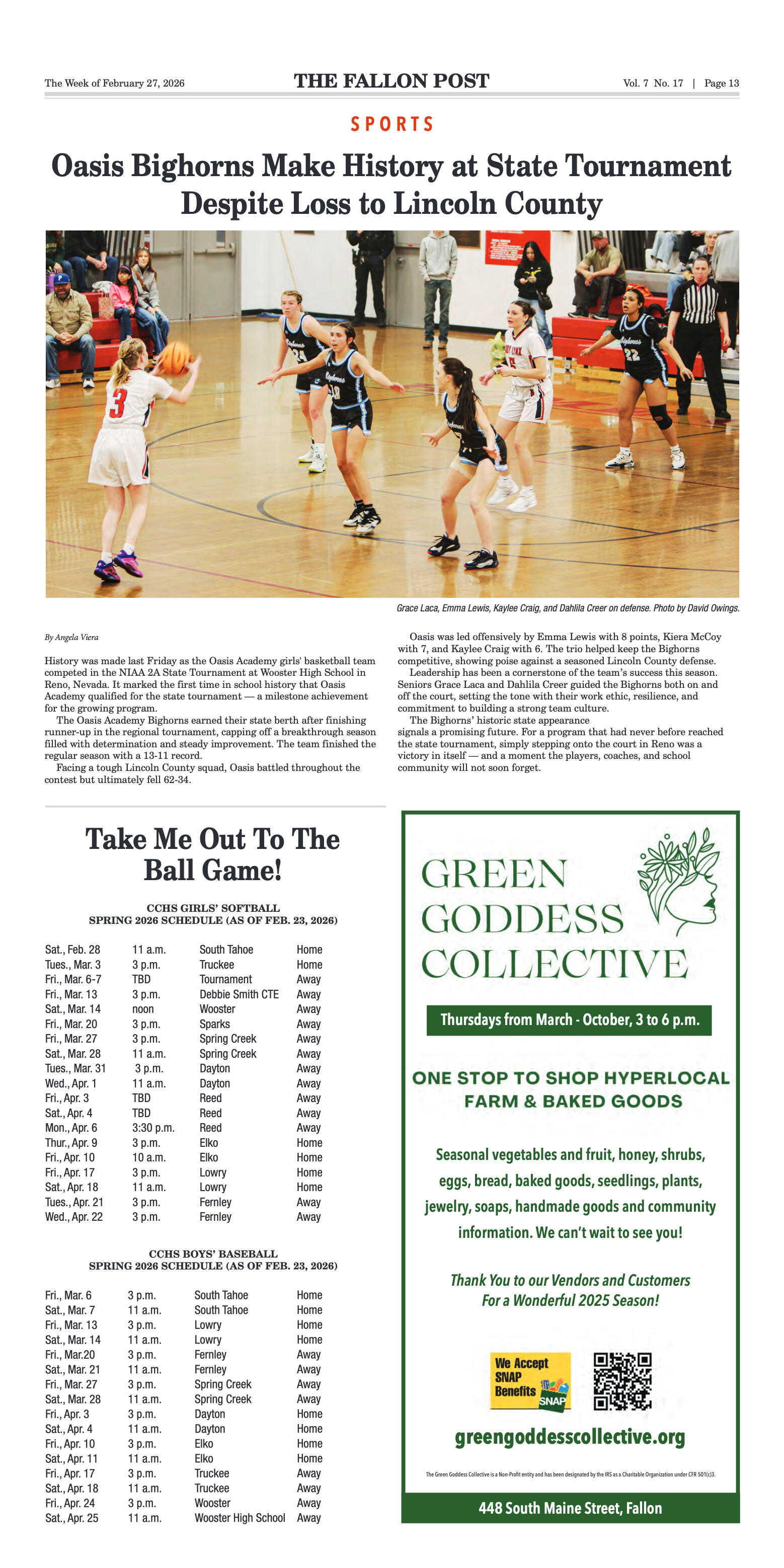
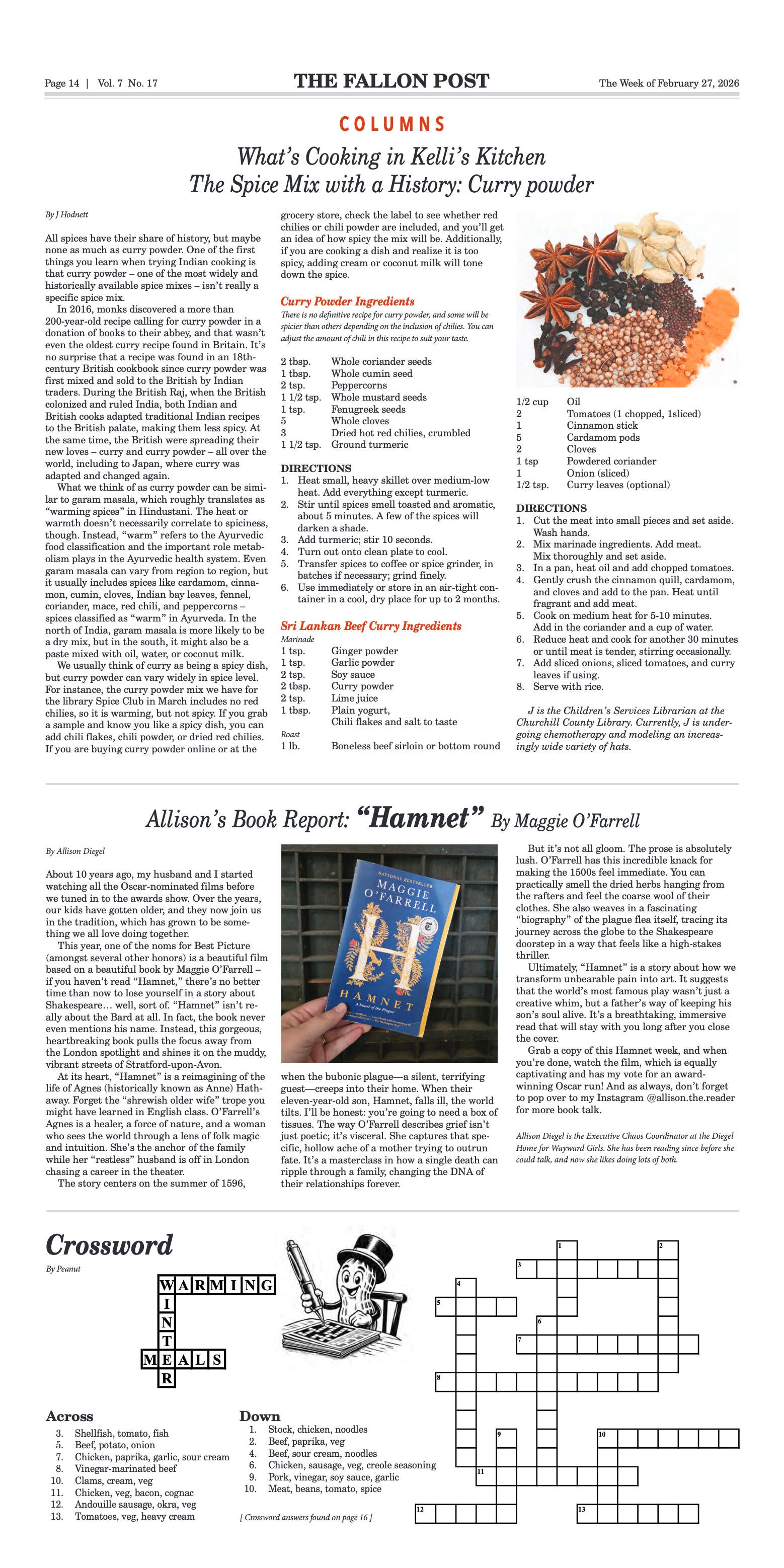
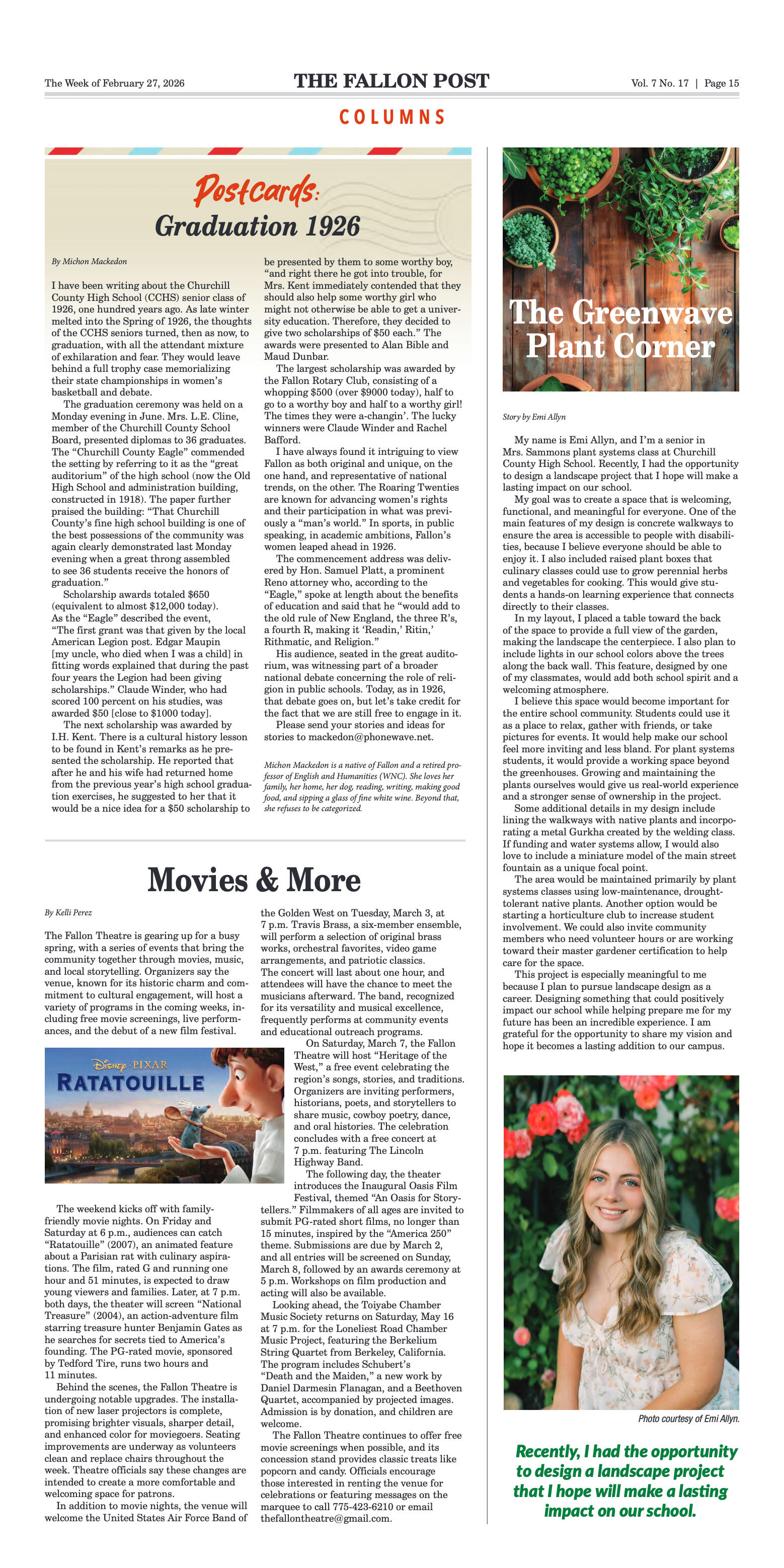
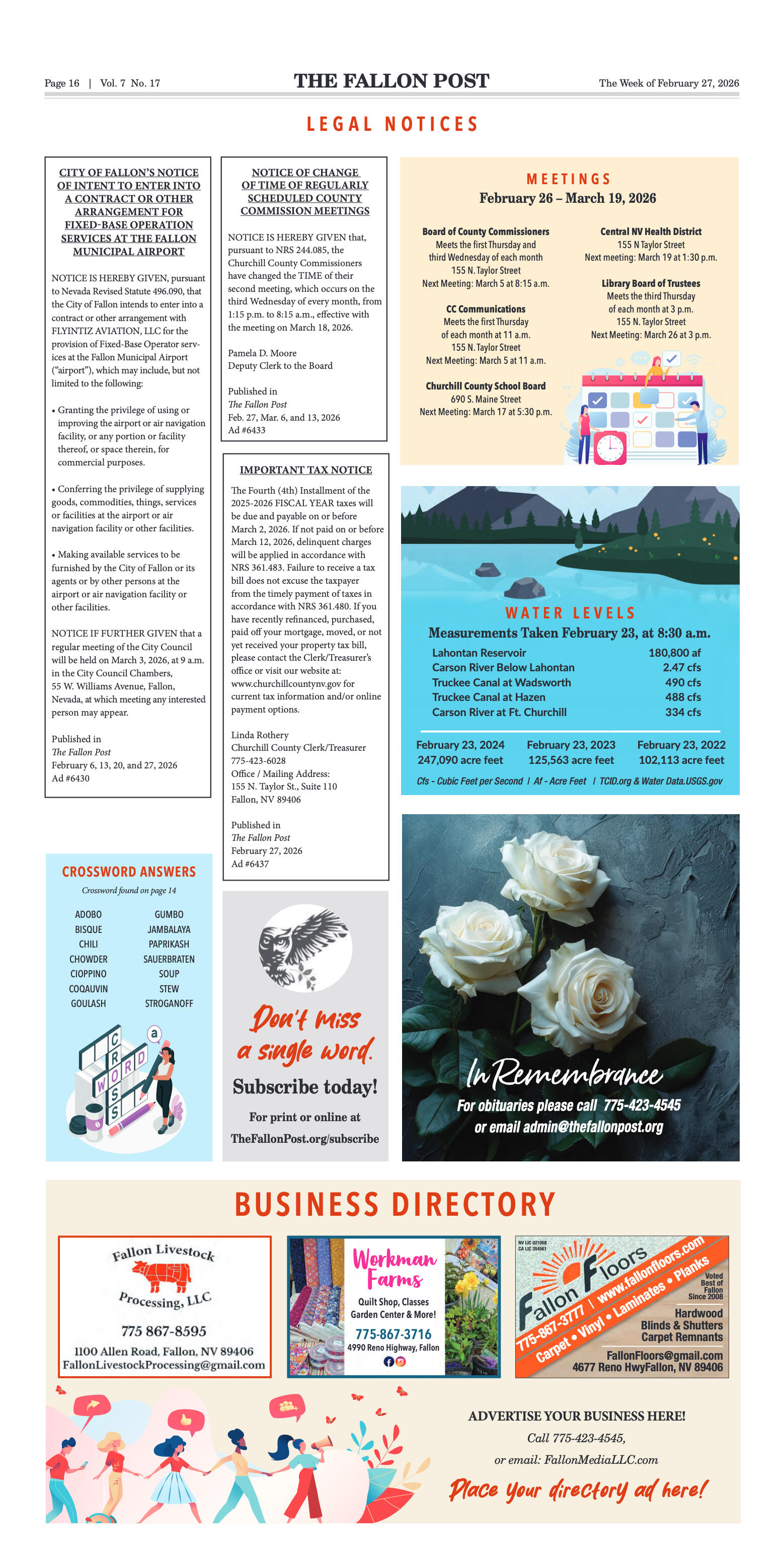
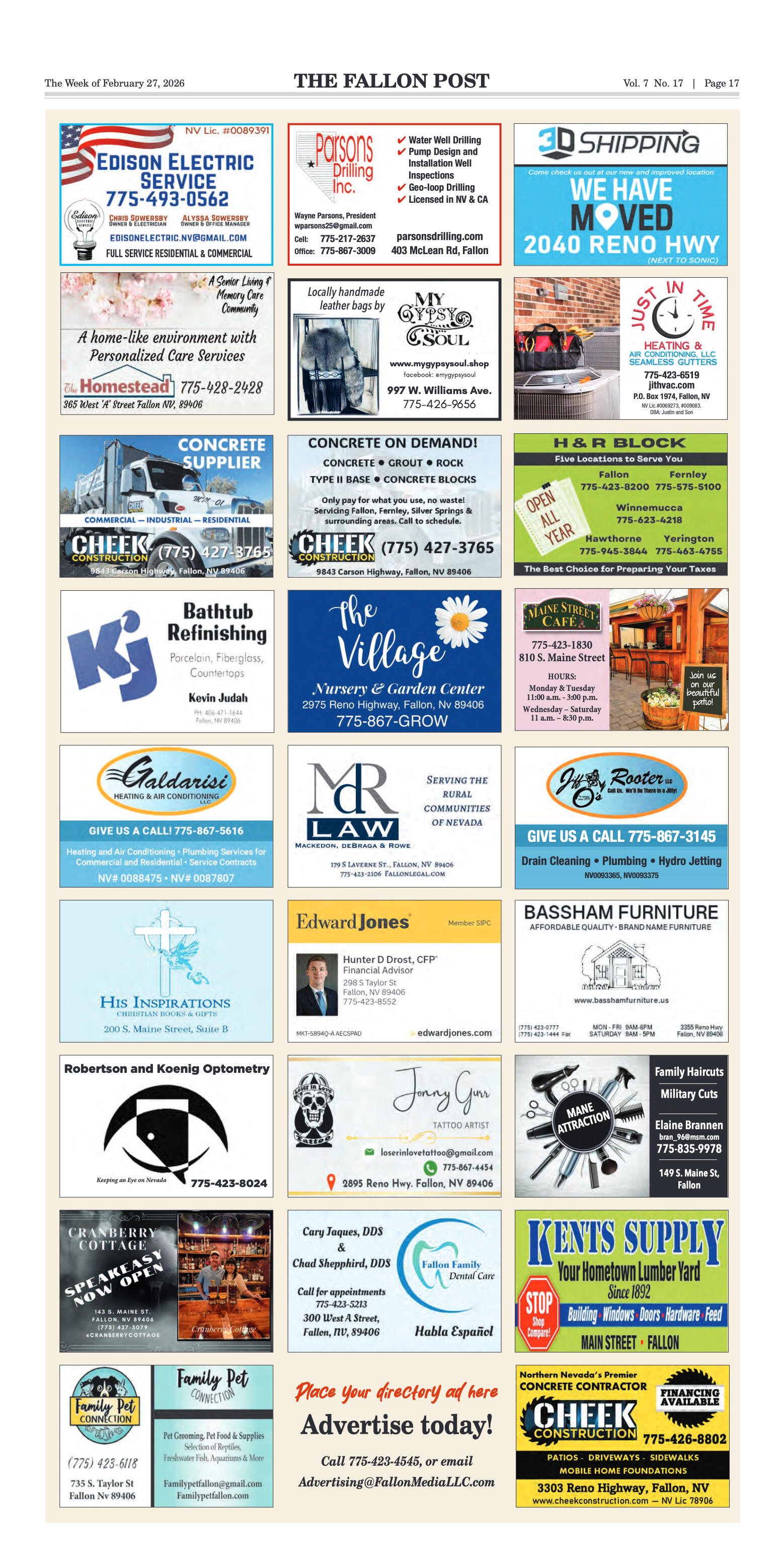

























Comment
Comments